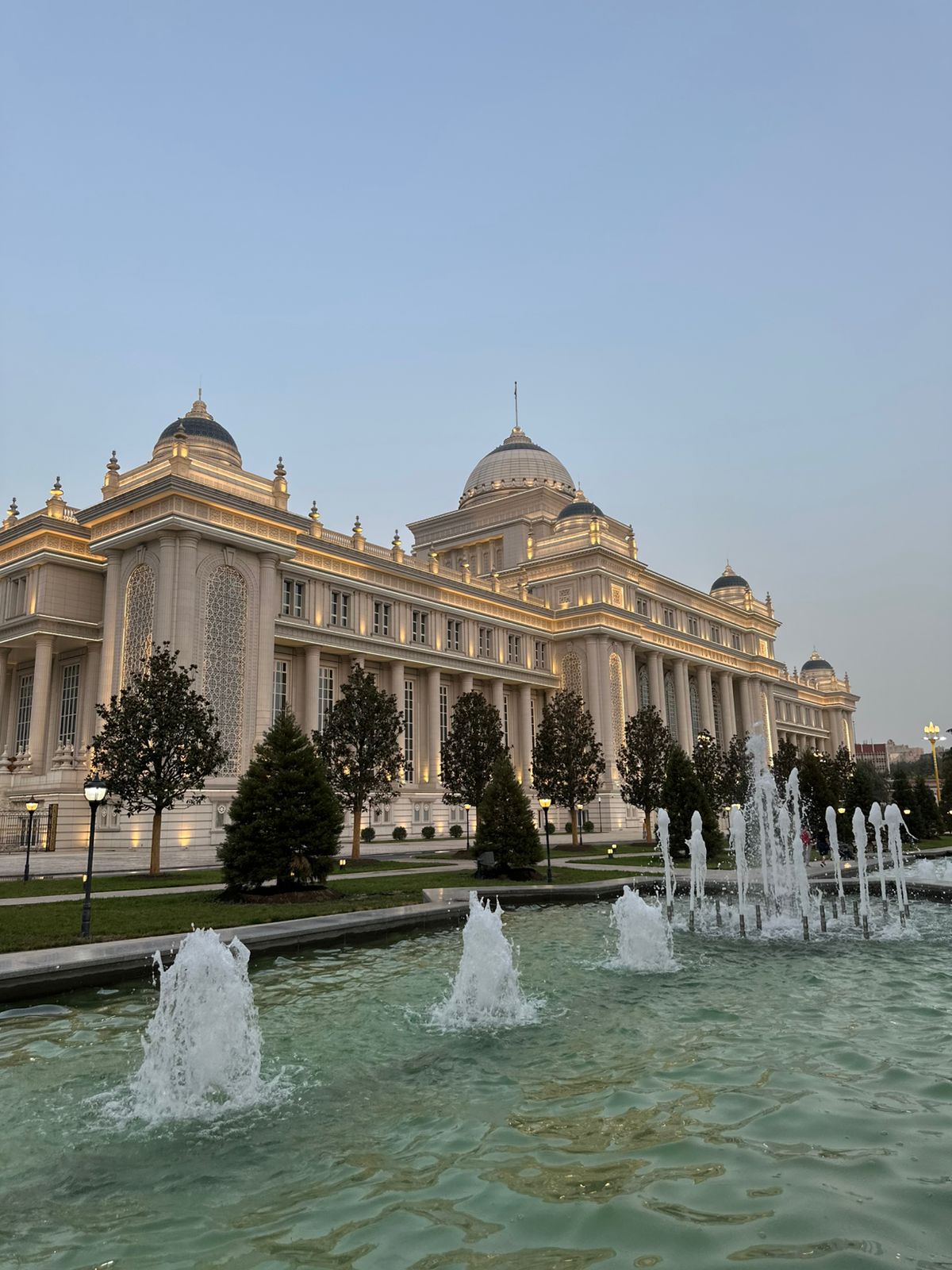The modernization of Tajikistan’s energy sector requires a step-change in workforce capabilities. As the country upgrades its power grid and transmission infrastructure, developing a skilled, future-ready workforce is critical to sustaining progress. With support from the European Bank for Reconstruction and Development (EBRD), ACT Global and Tajhydro have launched a new technical assistance initiative designed to address this challenge head-on.
In its first week, the project team executed an intensive engagement sprint, meeting with key energy stakeholders across Dushanbe and the Khatlon regions. These included leadership from Shabakahoi Taqsimoti Barq (STB), the Energy Institute of Tajikistan (TEI), the EBRD, and sectoral associations. Discussions focused on a shared imperative: building the technical, operational, and safety competencies required for Tajikistan’s evolving energy landscape.
Drawing on initial assessments and structured workshop discussions, three priorities emerged:
-
Aligning workforce capabilities with energy sector modernization.
Stakeholders emphasized the need for applied technical skills and highlighted the importance of integrating classroom learning with practical, workplace-based experience. Dual learning was introduced as a strategic approach to accelerate the transfer of skills relevant to grid operations, digital systems, and sector modernization.
-
Building institutional capacity for skills delivery.
The Energy Institute and vocational education providers will play a central role in creating modern, applied training pathways. This will require not only updated curricula and qualified trainers but also investments in training infrastructure, new mentorship frameworks, and stronger collaboration between industry and academia.
-
Ensuring inclusive and sustainable impact.
Workforce development efforts must address technical excellence alongside economic inclusion, creating pathways for young professionals, women, and existing STB staff. Practical training opportunities within STB’s operations, including at its branches in Dushanbe and Bokhtar, were identified as critical enablers of inclusive upskilling.
The project’s next phase will focus on translating these priorities into action - finalizing program selection, defining skills standards, and setting up mechanisms for sustainable industry-education collaboration. Further technical and administrative arrangements will be defined in close consultation with stakeholders involved.
By aligning stakeholders around a common vision and deploying targeted interventions, Tajikistan is taking a decisive step toward building an energy workforce that is resilient, inclusive, and fit for the future.





